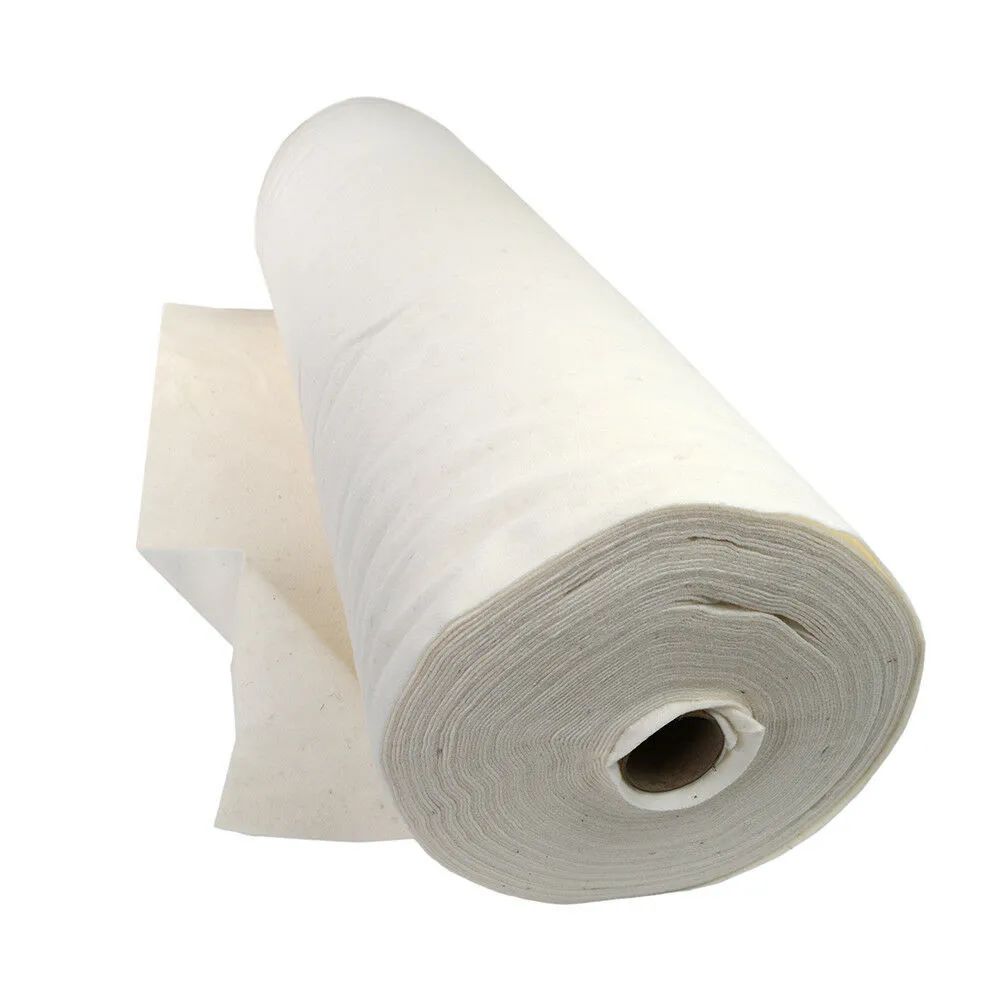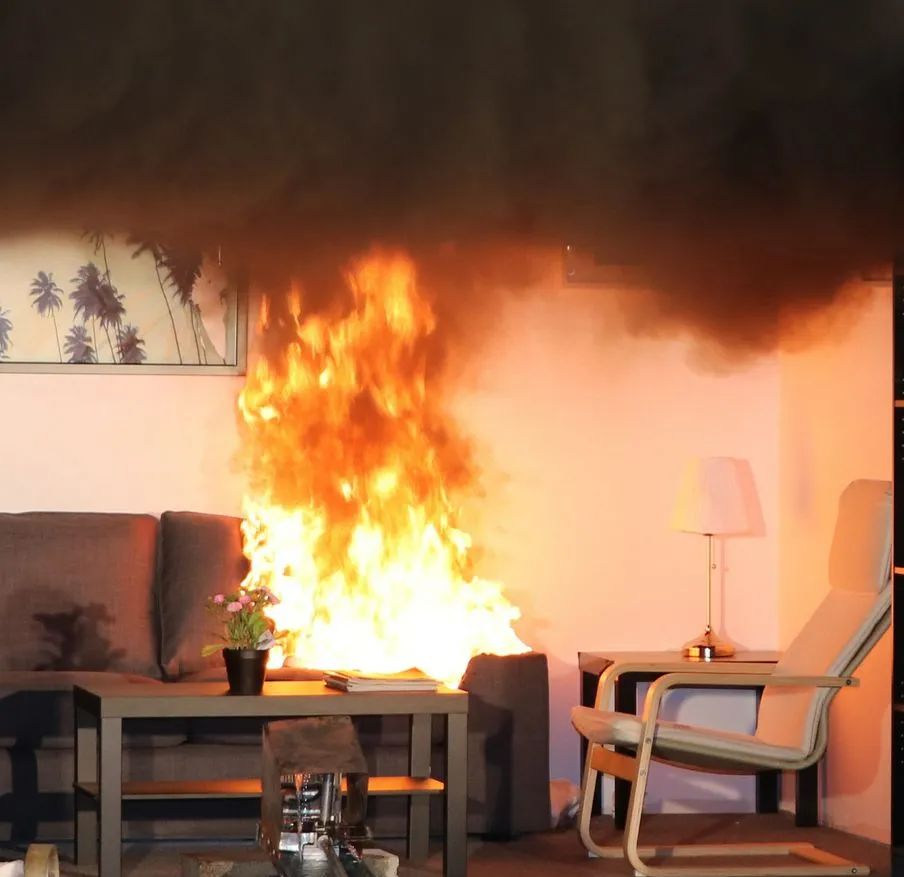Mattresses flame retardant measures-fireproof cloth
Fires that begin in upholstered furniture such as sofas are the leading cause of home fire deaths in the United States, killing approximately 600 people each year. They are not as frequent as cooking fires, but they are about 14 times more likely to cause death than other home fires. Independent of the ignition source, most furniture fire deaths are due to flaming fires, usually following the transition from smoldering to burning. Unfortunately, there are no regulations in the United States that limit the flammability of furniture. This is partly due to the public outcry against chemical flame retardants, which have been used to reduce the flammability of upholstered furniture. Certain types of flame retardants have been shown to have possible adverse effects on human health and the environment. As a result, several U.S. states have introduced regulations restricting the use of flame retardants in furniture.
To prevent furniture fires, fire retardant fabrics are a different technology, viz. They are not based on chemicals or nanoparticles. Instead, as the name suggests, they are fabrics, often fire-resistant fibers in nature, specifically designed to protect flammable filling materials in upholstered furniture. In the event of a fire, these fabrics will reduce the rate at which the filling material burns. The most intriguing thing about fire barriers is that they can use physical means instead of chemicals to reduce fire hazards and meet certain fire performance requirements. They act as a thermal barrier by reducing the amount of heat reaching the liner material and as a mass barrier by slowing the release of flammable liquid and gaseous products produced by the liner when it reaches high temperatures.

The adoption of a fire barrier approach has proven successful by the mattress industry, which uses fire-resistant fabrics to comply with the 2007 Consumer Product Safety Commission (CPSC) mattress flammability standard. The standard requires mattresses to have a maximum heat release rate (a measure of burning rate) of less than 200 kilowatts (comparable to the heat rate of a burning trash bag filled with newspapers). Performance benchmarks are derived from NIST test methods and analysis, concluding that reducing the range of heat release rates of mattresses will result in measurable and significant reductions in fatalities. As shown in a recent NIST publication, the introduction of this regulation resulted in an approximately 70 percent reduction in fire fatalities. This percentage correlates to 50 to 80 percent of mattresses being replaced and meeting CPSC standards. This is a strong indication that the regulation is very effective.
Comprehensive experiments were carried out in well-appointed rooms, demonstrating the ability of fire barriers to slow the spread of fire, particularly flashover, the moment when almost the entire room catches fire at the same time. Delayed flashover is important because approximately two-thirds of fire deaths occur in fires that achieve flashover. A furniture fire without a barrier (fireproof cloth) takes less than 7 minutes to reach flashover. Barrier-coated furniture ignites more slowly, with flashover times exceeding 20 minutes.

These results can be put into context by comparing flashover time to total first responder response time. Only by intervening before flashover occurs can firefighters prevent flashover and rescue potential fire victims. According to National Fire Protection Association (NFPA) standards, target response time for first responders varies between approximately 13 and 19 minutes, depending on the area (urban, suburban, or rural). Therefore, first responders may only be able to intervene before flashover if a fire barrier (fireproof cloth) is used.





